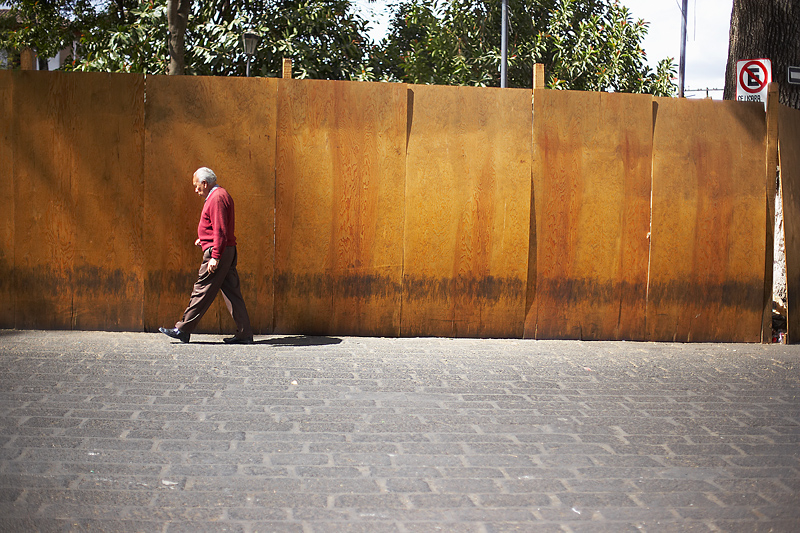
(HealthDay News) — Carbon monoxide (CO) is a toxic gas that you can’t see or smell, but it can kill people and animals if a leak isn’t detected quickly.
The U.S. Centers for Disease Control and Prevention says here’s what you can do to help reduce the risk of carbon monoxide poisoning:
- Have any coal-burning, oil or gas appliances or heating systems serviced annually by a qualified technician.
- Make sure your home has a working, battery-operated carbon monoxide detector; change batteries twice each year when the time changes.
- If your detector sounds or if you have any symptoms of CO poisoning (such as nausea, dizziness or light-headedness), leave the home immediately and call 911.
- Don’t use any appliance or device that burns gasoline or charcoal inside your home or near an open window.
- Never let your car run inside a garage, even with the garage door open.
- Never use a gas oven to heat your home, and never use a fireplace or stove that isn’t vented.

